US ‘biggest disruptor’ of China-ASEAN relations, new survey reveals
A new survey has revealed that an overwhelming majority of people in China believe that the US is the "biggest disruptor" of the development of China- Association of Southeast Asian Nations (ASEAN) ties.
On Tuesday, just two days before the two-day US-ASEAN summit in Washington, Global Times, an English-language Chinese newspaper, published the results of a joint survey conducted by the pro-Beijing daily's Research Center and Center for Chinese Foreign Strategy Studies, Renmin University of China.
Held between March 15 and April 15, the survey collected 2,012 valid questionnaires from the general public - aged 18 to 69 - and 1,150 from the college students in 31 Chinese provinces, regions, and municipalities.
The survey found that almost 80 percent of Chinese respondents believed that the US is the "biggest disruptor" of the sound relations between China and ASEAN member states while over 75 percent of respondents hold a positive attitude toward the future of China-ASEAN relations.
Nearly 27 percent of the participants said that China and ASEAN member states can always handle the issue of the South China Sea well, while over 67 percent believed that although there are divergences, they can generally handle it properly, meaning that more than 94 percent of the respondents hold a positive attitude toward the two sides handling the persisting issue well.
The South China Sea is a gateway to major sea routes, through which about 3.4 trillion dollars' worth of trade passes each year, and contains huge gas fields and rich fishing grounds. China claims sovereignty over much of the strategic waterway and has since 2014 built artificial islands on reefs and installed military bases on them.
Vietnam, the Philippines, Malaysia, and Brunei – all ASEAN members – have overlapping claims with China to parts of the sea.
Xu Liping, a research fellow on Southeast Asian studies at the Chinese Academy of Social Sciences in Beijing, told the Global Times that Washington in recent years has been provoking and stirring up conflicts between Beijing and ASEAN members on the issue of the South China Sea, adding that the White House employed the so-called Indo-Pacific strategy as a means to pressure ASEAN members to decouple with China, impeding China's growth in the region.
"The US is an obvious disruptor," Xu said, emphasizing that the survey reveals the Chinese public has a clear awareness of such a trend.
With US-China competition growing in intensity, US President Joe Biden is expected to reaffirm Washington's Indo-Pacific Strategy as a priority in the upcoming US-ASEAN summit, which is expected to be dominated by China-related topics.
Only eight ASEAN leaders will attend the summit. Missing will be Philippine President Rodrigo Duterte, who is due to leave office in June, and Myanmar junta leader Min Aung Hlaing, whom ASEAN excluded in a rare rebuke.
Washington has not yet released many details regarding the summit, except that it will demonstrate the US's "enduring commitment" to ASEAN.
According to Lü Xiang, a research fellow at the Chinese Academy of Social Sciences, the US has obviously been lobbying ASEAN members to integrate the 10-member union into its anti-China alliance.
"However, ASEAN members have been avoiding 'taking sides' between China and the US, which accords with China's stance and interests," Lü added.
Beijing has time and again said that the world should listen more to the voices of Asia, respect their stances and learn from their wisdom.
"China is happy to see countries outside the region play a positive and constructive role in the peaceful development of the region, but will not accept any actions that undermine regional peace and stability and undermine regional unity and cooperation," Zhao Lijian, a spokesman of the Chinese Foreign Ministry, said on Tuesday.
Late last week, Chinese Foreign Minister Wang Yi told his Cambodian counterpart, Prak Sokhonn, that Asian countries should be cautious and resist efforts to sow discord in the region.
Wang said that Beijing supports Cambodia's rotating chairmanship of ASEAN this year, urging the region to seize the “Asian moment” and take the initiative in global governance.
Iran dismisses US 'big lies' on nuclear, missile programs
CIA‑founded NGO admits deploying Starlink satellites for Iran riots
VIDEO | French comedian targeted by Rothschild and Epstein for his shows on Palestine
Iranian commanders warn US not to mistake it for other nations
Daesh leaders reemerge in Raqqah amid growing instability in Syria
Iran rejects UN resolution on Ukraine for lack of support for lasting peace
Leading Iraqi group condemns US threats of aggression against Iran
Iran slams CIA recruitment video, seizes sat gear in diplomat’s luggage


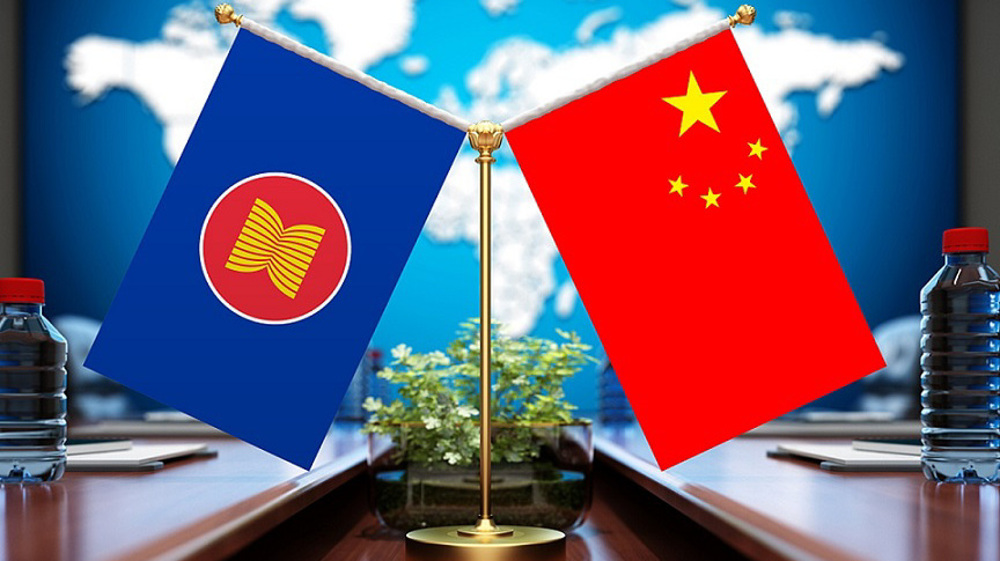

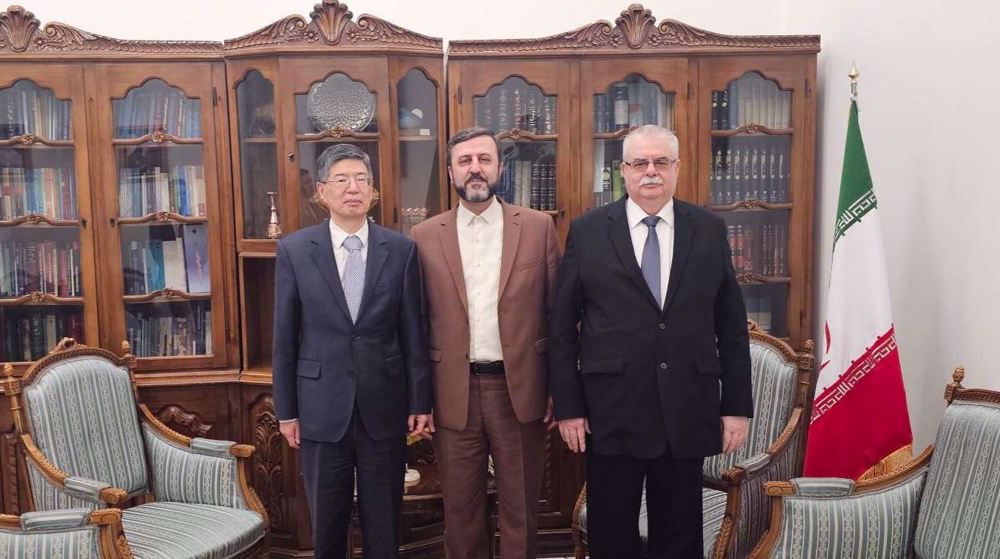
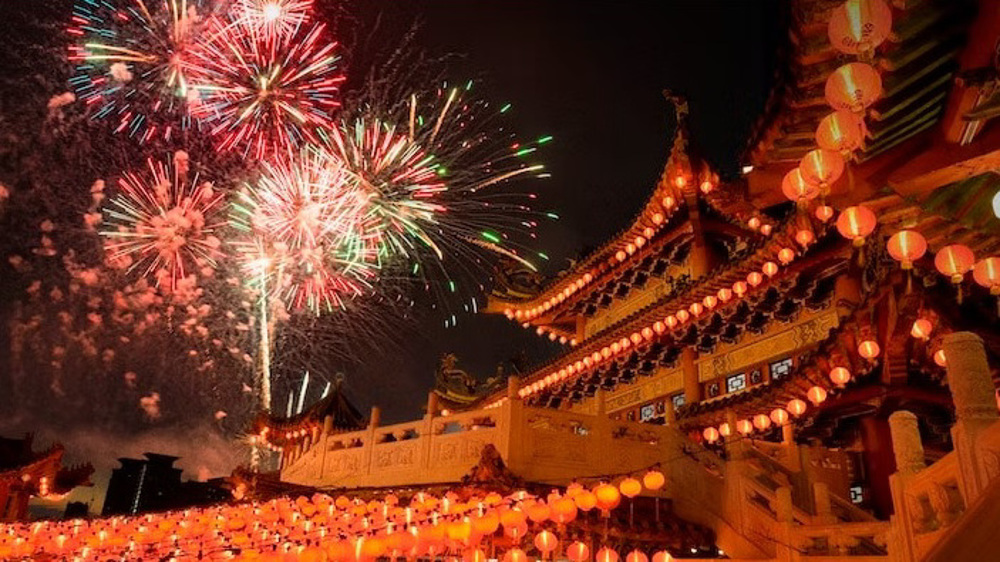



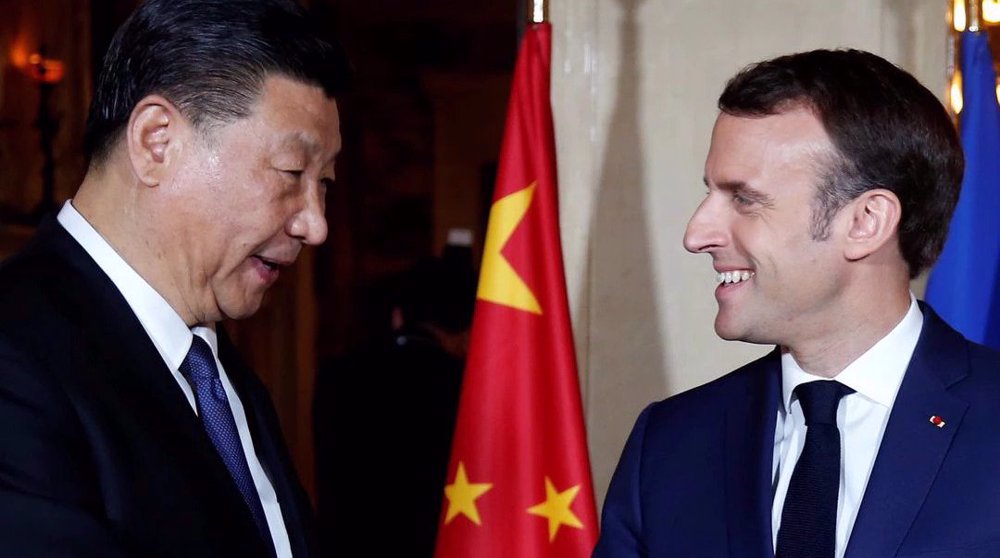
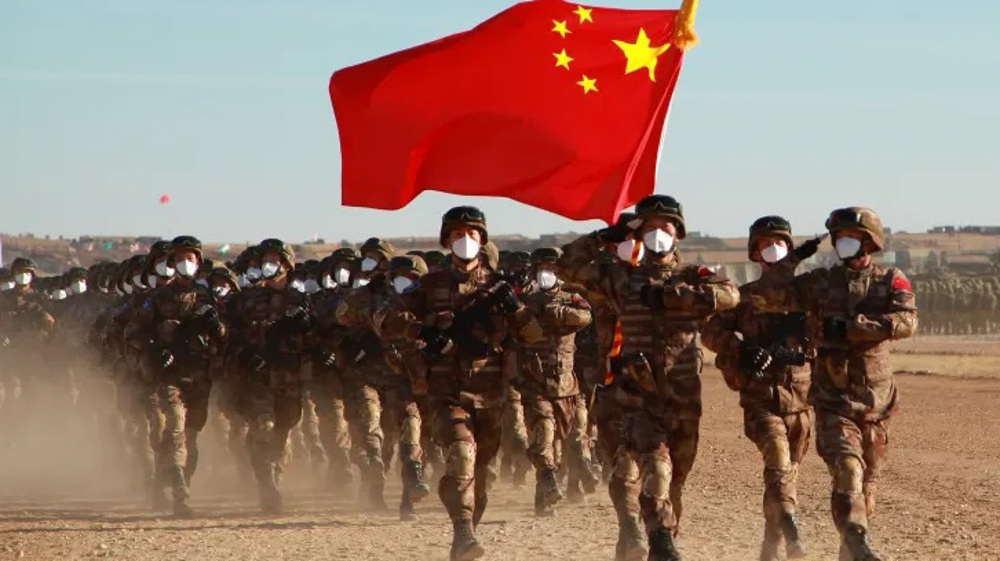

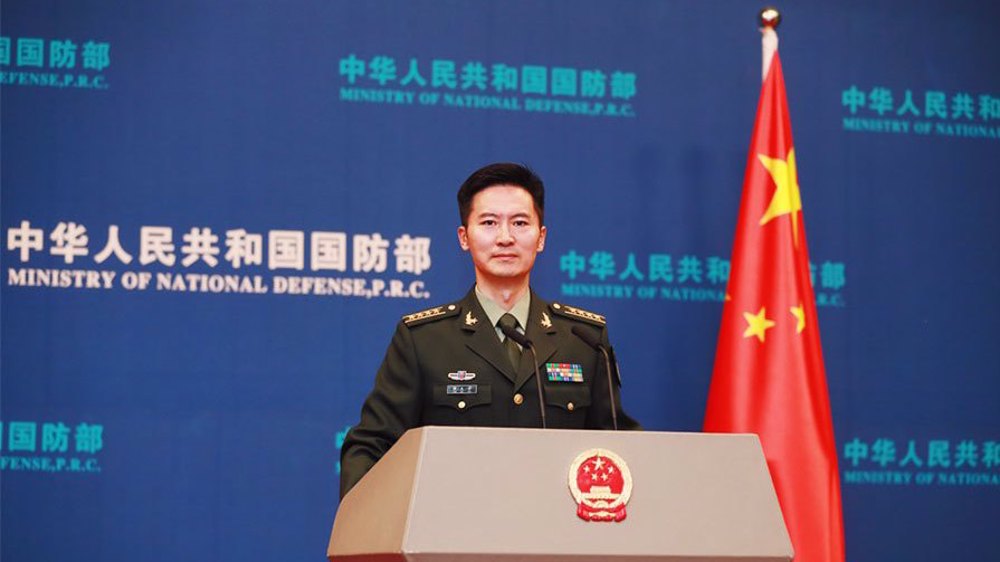

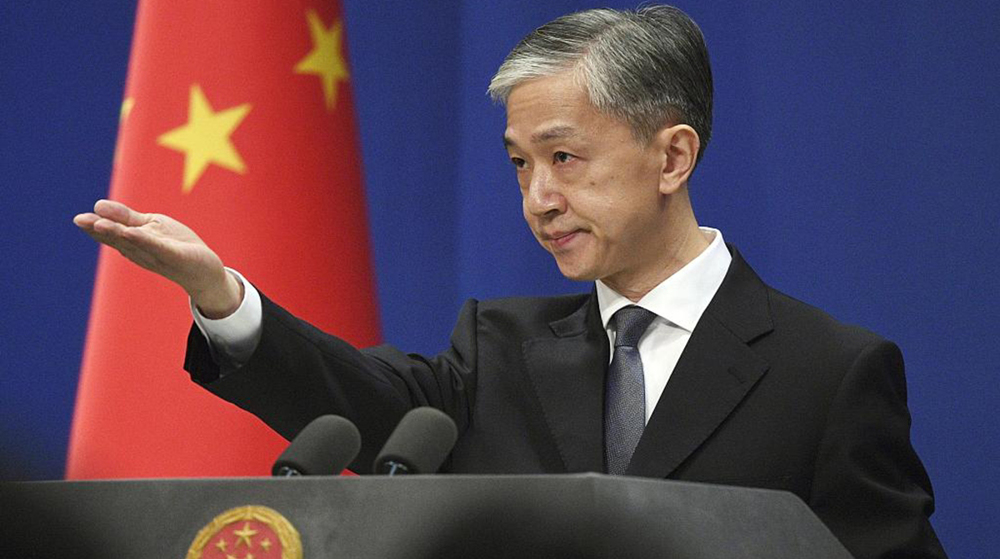

 This makes it easy to access the Press TV website
This makes it easy to access the Press TV website